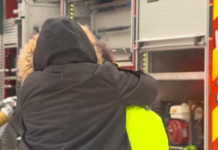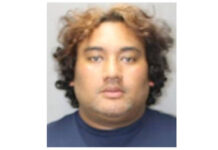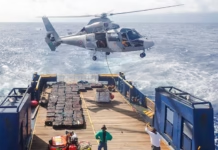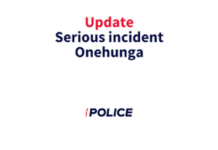Among the key issues at this week’s Pacific Forum meeting in Tonga has been the question of deep sea mining.
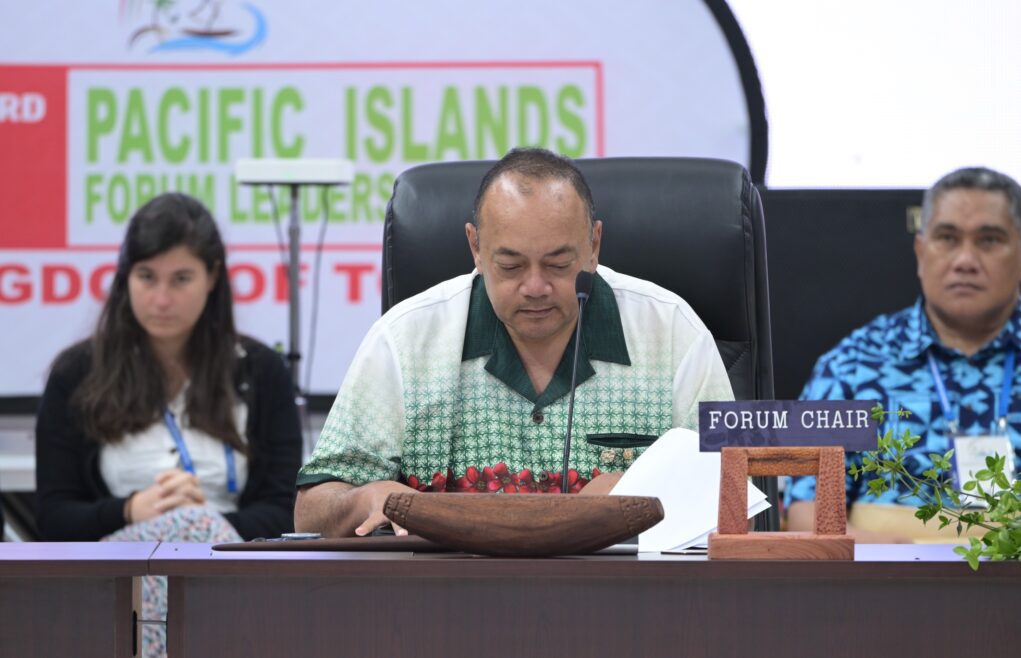
Pacific island nations are divided on the issue and there have been many strong statements from both sides of the debate.
However, not all debate at the Forum has been completely open.
Yesterday morning (Wednesday) Nauru Ocean Resources Inc and Tonga Offshore Mining Ltd hosted an invitation-only breakfast meeting on the theme “addressing the environmental concerns of collecting polymetallic nodules.”
It has been argued that seabed mining – harvesting nodules of precious metals – offers island nations the chance to profit from the demand for minerals like nickel and cobalt, which play a key role in new, carbon reducing technologies.
The United Nation’s International Seabed Authority has been tasked with finding a way to balance the needs of citizens, nations, NGOs, scientists, mining companies and investors.
According to the Australia Pacific Islands Business Council arguments centre on whether the suggested financial benefits of allowing mining companies to extract metals from the seabed outweigh a potential environmental catastrophe.
“Nauru, Kiribati, Tonga, and the Cook Islands, see deep-sea mining as a lucrative opportunity. These countries possess vast areas rich in polymetallic nodules containing cobalt, nickel, copper, and manganese, essential for electric vehicle batteries and other green technologies.” the Council said.
The Cook Islands has allowed exploration in its territorial waters and sees itself as a centre of excellence for deep-sea mineral understanding.
Cook Islands Prime Minister Mark brown told RNZ last year that he planned to protect his country against climate change through seabed mining.
However, other Pacific nations, such as Vanuatu and Palau, have called for a moratorium on deep-sea mining until more is known about its environmental impacts.
“They argue that the potential for irreversible damage to marine ecosystems is too high, citing concerns over biodiversity loss and ecological disruption,” the Council said.
“Vanuatu’s Climate Minister Ralph Regenvanu has emphasized the need for comprehensive scientific research and has been vocal about Vanuatu’s stance against deep-sea mining.”
Earlier this week Members of the Civil Society Forum of Tonga and the Pacific Islands Association of NGOs led a peaceful protest against seabed mining outside the Forum.
Pelenatita (Tita) Kara Longopoa, Program National Co-ordinator at Civil Society Forum of Tonga, said: “As leaders from across the Pacific meet here it is crucial that they act to defend and protect our oceans from extractive corporations seeking to plunder our source of livelihood and the home for our fisheries for a quick profit.”
Retreast
Pacific leaders left for Vava’u this morning where they have been attending a series of meetings on topics ranging from farming to energy transition, labour mobility and fisheries.
Much of this afternoon’s discussion was centred on climate change, with discussions around resilience and the use of digital data for climate change insurance.
Tonight Tongan Prime Minisgter Hu’akavameiliku, will host a reception and dinner.
Tomorrow morning (Friday) Fiji will lead a closed session on a Pacific regional peacekeeping co-operation network.

